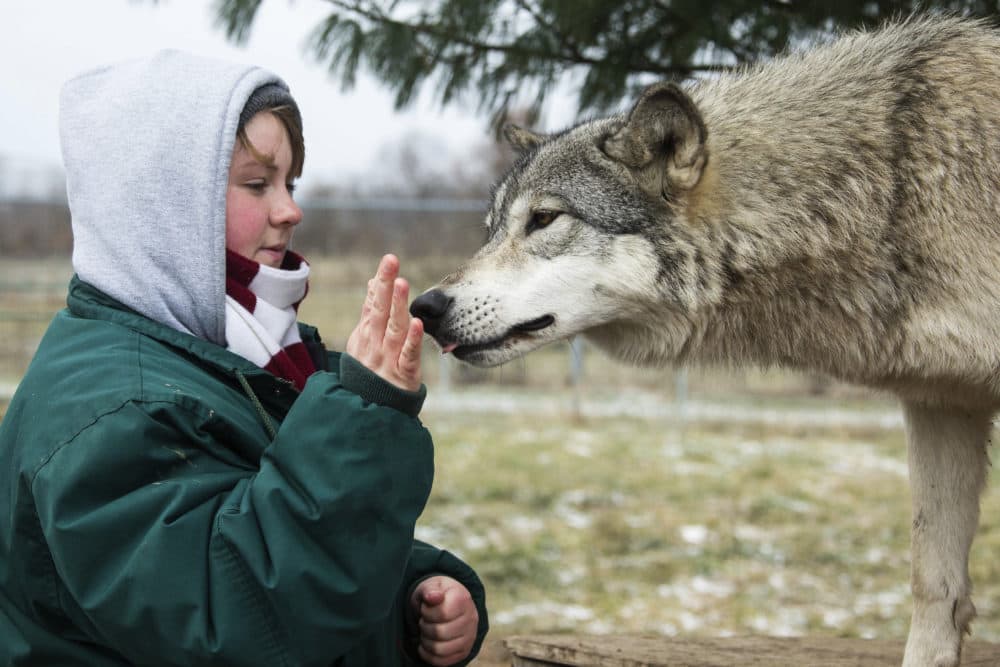Advertisement
Animals In Captivity: Questions Raised After Lion And Rhinoceros Incidents
Resume
Two incidents this week — the hospitalization of a 2-year-old after she stumbled into a rhinoceros enclosure at a Florida zoo, and the death of a 22-year-old intern during a routine cleaning of a lion enclosure at a North Carolina wildlife center — have sparked conversations about the safety and ethics of keeping wild animals in captivity.
Here & Now's Peter O'Dowd talks with Kitty Block, acting president and chief executive officer of the Humane Society of the United States and the president of Humane Society International.
This segment aired on January 4, 2019.